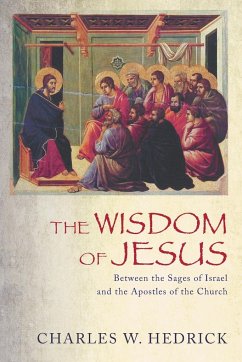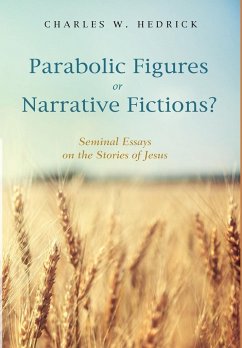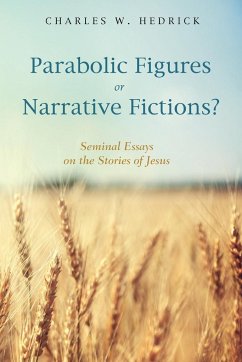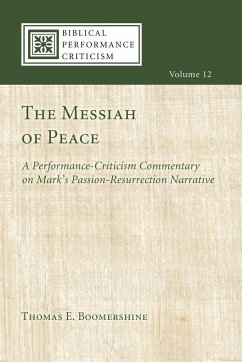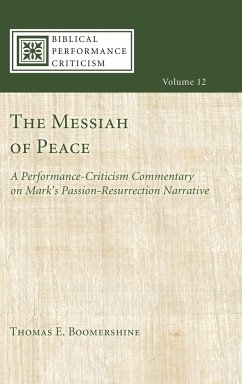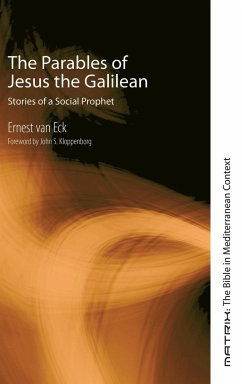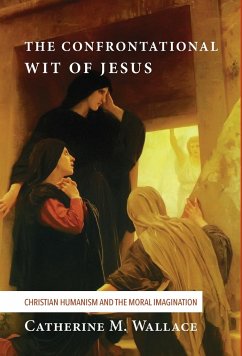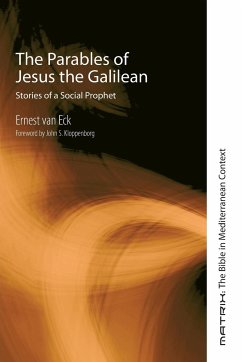How would the image of Jesus appear if it were based only on sayings that scholars generally agreed originated with Jesus? And how would the wisdom of Jesus reflected in those few sayings compare to the wisdom of the sages of ancient Israel and the apostles of the early first-century church? To answer such questions historians face serious difficulties. Everything we know about Jesus comes from what later writers thought about him; none of the things they claimed he said came directly from him. "Everything in the early Christian gospels is either derived from historical memory, or is borrowed, or invented," Hedrick claims. Even those few sayings receiving near-universal agreement from historians as sayings of Jesus can only be affirmed as probable rather than certain. The aim of this study is to allow Jesus to speak for himself directly to readers, as nearly as possible in his own words without the theological explanations of his interpreters. The resulting image of Jesus that emerges is a complex picture of a first-century lower-class man who was not religious in a traditional sense. His discourse was the language of the secular world and addressed issues of common life.

